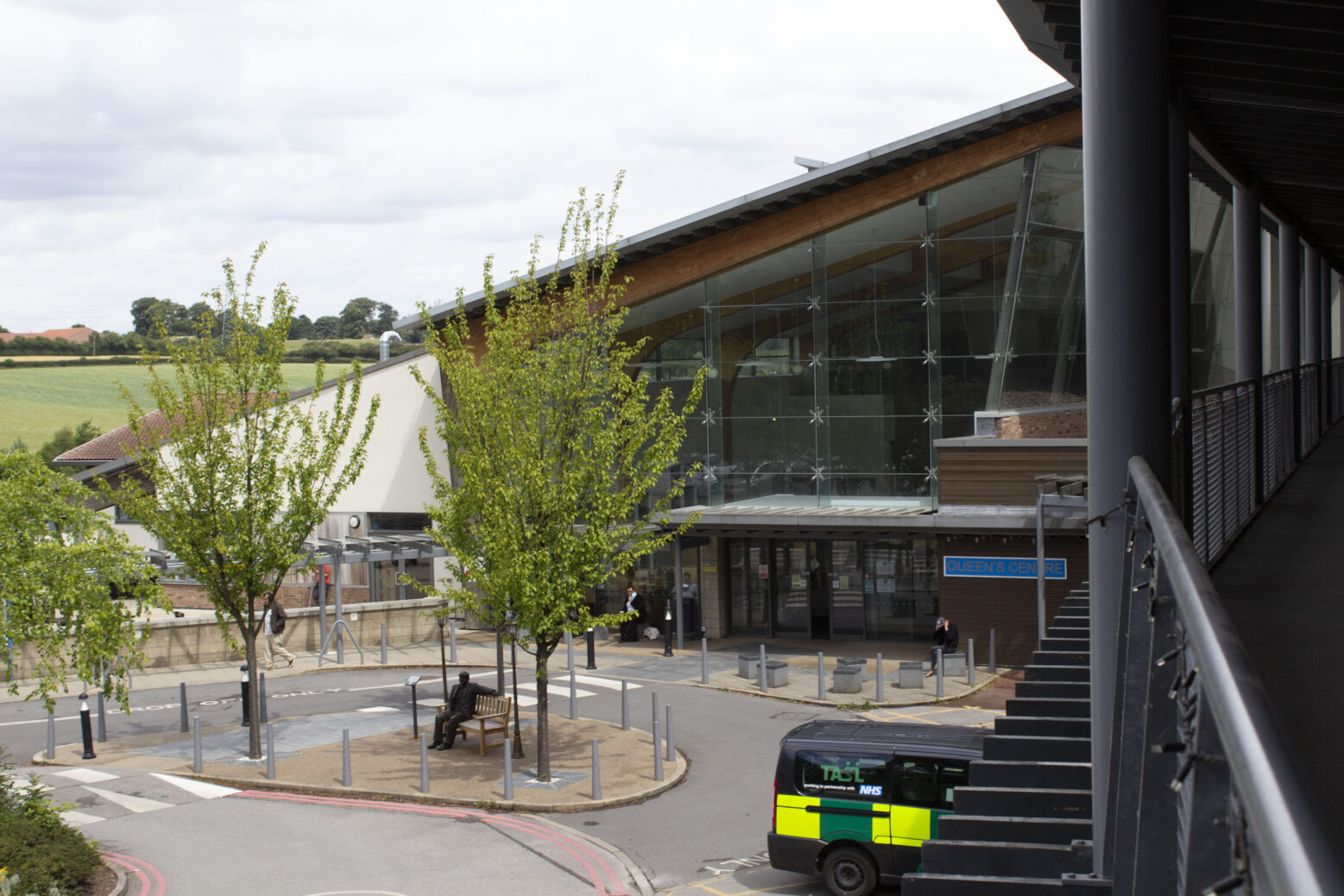Patients with serious blood conditions are avoiding invasive surgery and additional overnight stays in hospital after an innovative procedure was offered to more people in East Yorkshire.
Intravenous lines for patients requiring stem cell transplant following intensive chemotherapy are now being offered to haematology patients at Ward 33 and the Teenage and Young Adults Unit after its successful use in oncology patients at the Queen’s Centre.
In the past 12 months, 32 haematology patients have undergone the procedure – known as PowerPICC Solo – avoiding the more invasive treatment performed in operating theatres while saving the NHS almost £50,000.
 Ward Manager Jenni Downs said: “When we asked patients for their feedback, they told us they faced such a long stay in hospital when they came in for stem cell transplant and had to be transferred for a chest line insertion, resulting in extra overnight stays.
Ward Manager Jenni Downs said: “When we asked patients for their feedback, they told us they faced such a long stay in hospital when they came in for stem cell transplant and had to be transferred for a chest line insertion, resulting in extra overnight stays.
“Now, we can offer them this procedure which is far less invasive, can be done here on the ward and reduces their length of stay in hospital by two nights so they can go home much sooner. It is also reducing infection rates, meaning patients are able to recover far more quickly from their treatment.
“I’m very glad that as a nurse, I am encouraged to think about changes like this which could benefit our patients while also saving resources including money and theatre time, and can make them a reality.”
Patients with certain forms of lymphoma, myeloma and blood cancers undergo stem cell transplants to help them recover from the very high doses of chemotherapy they receive as part of their treatment.
Previously, these patients faced an additional two-day stay in hospital while they underwent the procedure known as Skin Tunnelled-Cuffed Catheter, inserted by the Interventional Radiology team at HRI, before undergoing stem cell transplant.
 Now, however, those suitable for Power PICC Solo only have to visit the ward at the Queen’s Centre as an outpatient first before undergoing stem cell transplant two days later. The line can then be removed by senior nursing staff, without the need to go to theatre and enabling patients to return home more quickly.
Now, however, those suitable for Power PICC Solo only have to visit the ward at the Queen’s Centre as an outpatient first before undergoing stem cell transplant two days later. The line can then be removed by senior nursing staff, without the need to go to theatre and enabling patients to return home more quickly.
Since Hull University Teaching Hospitals NHS Trust, part of NHS Humber Health Partnership, introduced the procedure in its haematology service last year, infection rates, once experienced by around a quarter of patients who had catheters inserted, have plummeted to a handful of cases. Staff have also performed the procedure on three patients from hospitals in Leeds who come to the Queen’s Centre in Cottingham as part of their shared care.
James Bailey, Chief of Staff for Specialist Cancer and Support Services at NHS Humber Health Partnership, said: “We’ve offered this service to oncology patients for some time but we’ve now been able to extend it to haematology patients, with great success.
“This is a service inspired and developed at the ward level with real benefit to complex haematology patients as it reduces their length of stay of hospital and means they can avoid additional invasive surgical procedures at a time when they are already undergoing intensive chemotherapy.”

